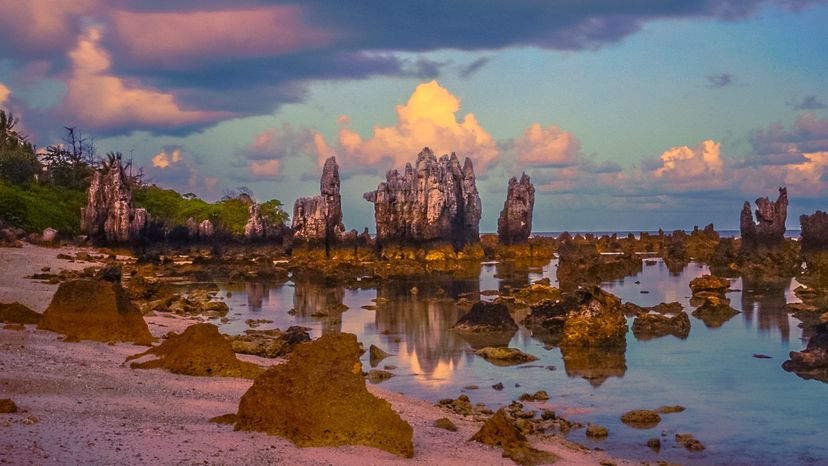As Nauru’s primary provider of trade, investment, security, and development assistance, Australia plays a pivotal role in the island’s economy and international relations. In the following subsections, we will explore the various aspects of the bilateral relationship between Nauru and Australia, focusing on development assistance and security cooperation.
Australia provides a range of development assistance to Nauru, including financial aid and technical assistance.
Australian Development Assistance
Australia has provided Nauru with development assistance in numerous areas, including improving public sector management, investing in nation-building infrastructure, and supporting human development initiatives. By providing technical assistance, advice, and financial support, the Australian government has collaborated with the government of Nauru to increase economic growth opportunities.
Australia is the largest donor of development assistance to Nauru, accounting for approximately 15 percent of domestic revenue in 2014-15. This aid has been instrumental in helping Nauru address various challenges, including limited resources, a small population, and a fragile economy.
Security and Defense Cooperation
Nauru and Australia have a longstanding security cooperation that includes:
- defense
- law enforcement
- transnational crime
- climate
- disaster resilience
The Memorandum of Understanding on security cooperation affirms Australia’s position as Nauru’s primary security partner and addresses domestic and transnational security challenges.
The Australian police force contributes to the preservation of internal security in Nauru by providing training and capacity building. This strong security partnership demonstrates the mutual commitment of both countries to maintaining regional stability and addressing shared security challenges in the Pacific region.
